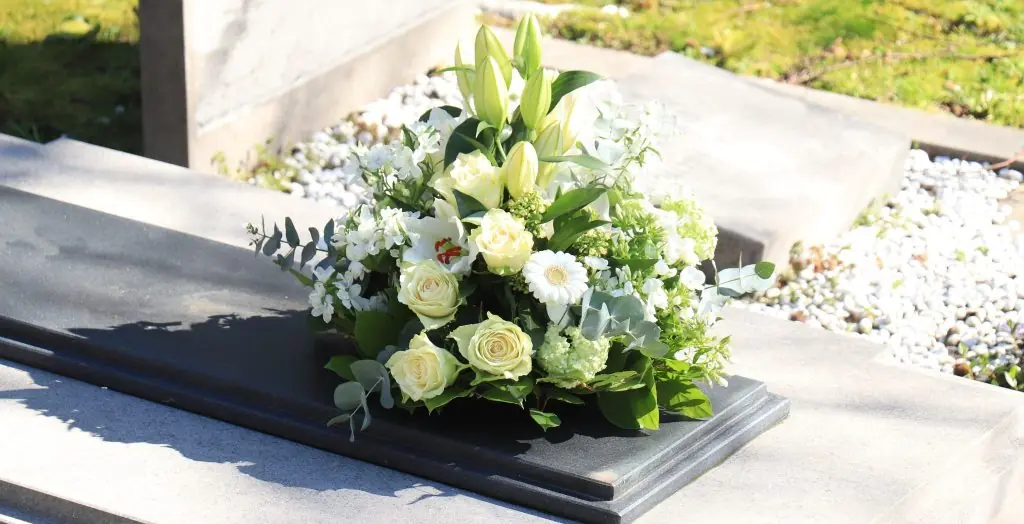
Funeral rituals hold a profound and timeless place in human society, transcending cultural and religious boundaries. These rituals provide a structured framework for grieving, helping individuals navigate the complex and often overwhelming emotions associated with losing a loved one. Funeral rituals also offer a unique opportunity for spiritual reflection, allowing participants to find solace, connection, and meaning in the face of mortality. In this exploration, we will delve into funeral rituals’ emotional and spiritual significance, focusing on Swanborough Funerals as an exemplary provider of these essential services.
Swanborough Funerals: A Caring Facilitator of Funeral Rituals
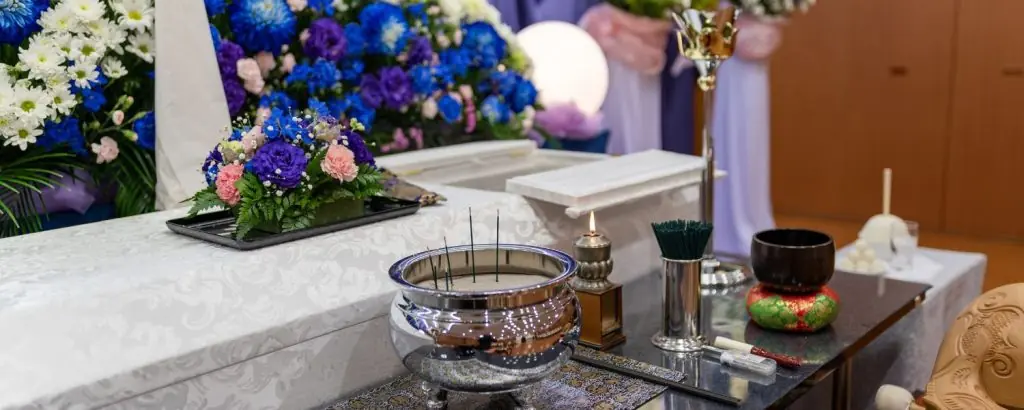
Swanborough Funerals, a respected funeral home and service provider, recognises the importance of funeral rituals in helping families cope with grief and find spiritual meaning in their journey of loss. Based on their expertise and commitment to assisting individuals during mourning, we can draw valuable insights into funeral rituals’ emotional and spiritual significance.
Funeral Rituals: An Emotional Release
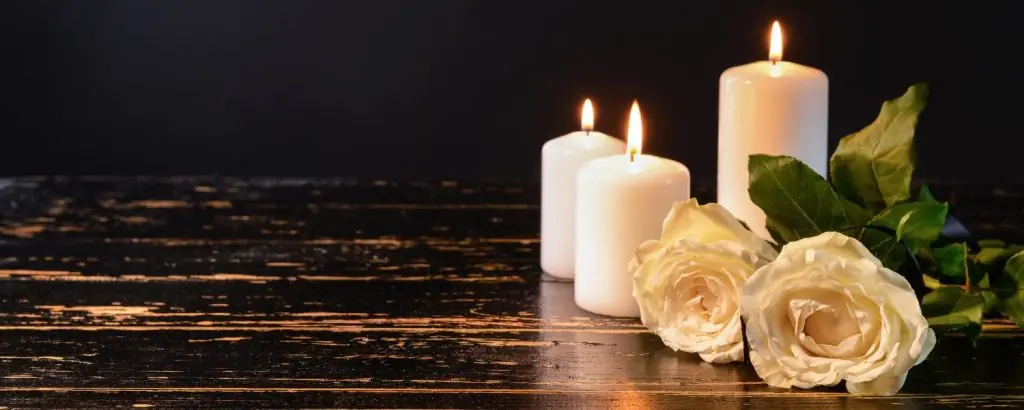
Grief is a complex and individual experience, and funeral rituals are pivotal in helping individuals process their emotions. These rituals provide a structured environment where mourners can express their sadness, anger, and confusion. By acknowledging the emotional turmoil accompanying death, funeral rituals offer an avenue for catharsis and healing.
1. Creating a Space for Grief
Funeral rituals designate a specific time and place for grieving. Coming together as a community to mourn a loss creates a supportive environment where people can openly share their feelings.
2. Remembering and Celebrating
Funeral rituals encourage attendees to reminisce about the deceased’s life, sharing stories and anecdotes highlighting the person’s impact. This remembrance allows mourners to find solace in the notion that the departed loved one will not be forgotten.
3. Acceptance of Loss
These rituals help individuals accept the reality of death, a crucial step in the grieving process. Through ceremonial acts such as viewing the deceased or participating in a memorial service, mourners can confront the finality of their loss.
4. Social Support
Gathering with others who share their grief can immensely comfort the bereaved. It reinforces the notion that they are not alone in their pain and that their community stands by them.
Swanborough Funerals understands the importance of creating a safe and empathetic environment for mourners to express their emotions. Their experienced staff assists families in designing and conducting funeral rituals that honour the emotional needs of the bereaved.
Funeral Rituals: A Source of Spiritual Comfort
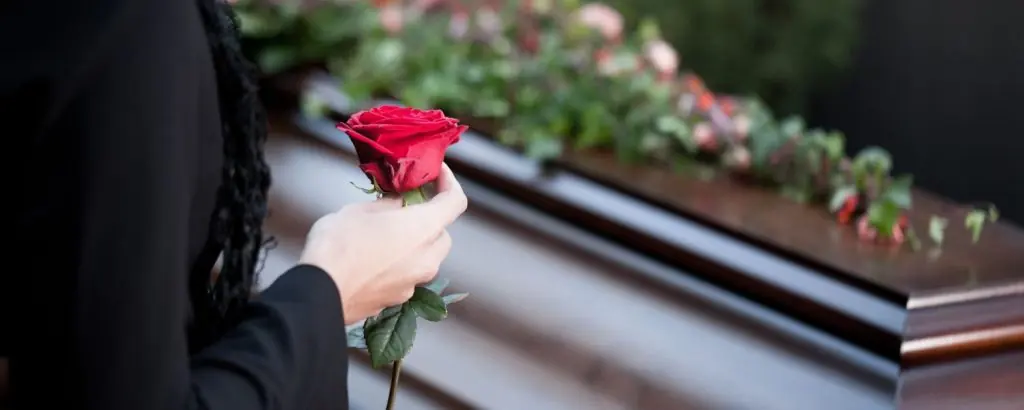
The emotional release of funeral rituals is closely intertwined with their spiritual significance. These rituals help individuals find meaning, connect with their spirituality, and offer solace in the face of the unknown.
1. Spiritual Connection
For many, funeral rituals are a means to connect with their faith or spirituality. Religious funeral services often incorporate prayers, hymns, and scripture readings that provide spiritual context and comfort.
2. Symbolism
Funeral rituals are filled with symbolic actions with deep spiritual meaning. The lighting of candles, the scattering of ashes, or the release of doves are all symbolic acts that can provide a profound sense of spirituality and connection.
3. Life’s Transience
Recognising life’s transient nature and death’s inevitability is a central spiritual theme in funeral rituals. This acknowledgement can lead to a deeper understanding of one’s purpose and the importance of cherishing the present.
4. Moral Reflection
Funeral rituals often prompt mourners to contemplate their own lives and the legacy they will leave behind. This reflection can inspire personal growth and a renewed commitment to a purposeful life.
Swanborough Funerals embraces the diversity of spiritual beliefs and practices and is skilled at incorporating them into funeral rituals. They work closely with families to ensure that the services align with the spiritual and cultural values of the deceased and their loved ones.
Funeral Rituals: A Bridge Between Emotion and Spirituality
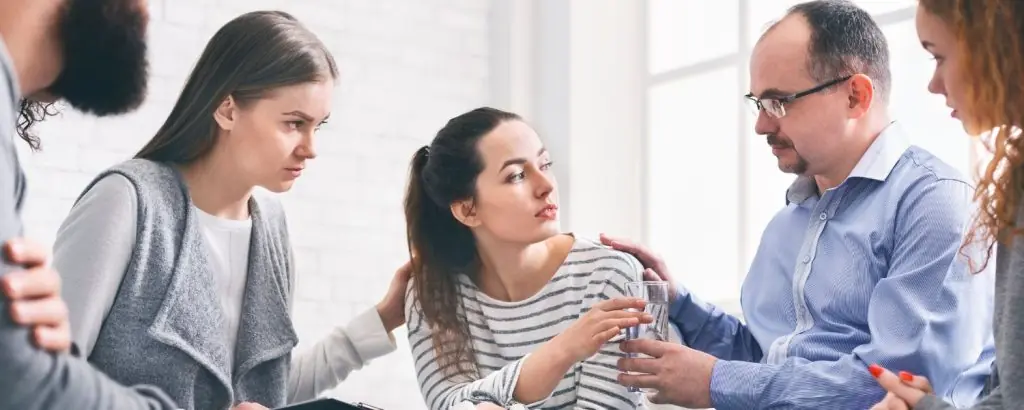
It is essential to recognise that funeral rituals’ emotional and spiritual aspects are deeply intertwined, each influencing the other. Funeral rituals bridge the intensely personal emotions of grief and the broader, often existential, questions about life and death.
1. Healing Through Spiritual Expression
Expressing emotions within a spiritual framework can provide profound healing. The prayers and rituals performed during a funeral can offer comfort and hope, helping individuals navigate their grief.
2. Seeking Meaning in Loss
Funeral rituals guide individuals to find meaning in the face of loss. This search for meaning can be a deeply spiritual journey, prompting individuals to reevaluate their beliefs and values.
3. The Power of Community
Funeral rituals unite people in a shared experience. This communal aspect fosters a sense of unity and support, creating a sacred space where emotional and spiritual needs can be met.
4. Transcending Mortality
Funeral rituals provide a structured opportunity for individuals to confront their mortality. This confrontation often results in a profound spiritual experience, prompting individuals to reevaluate their priorities and goals.
Swanborough Funerals, through its compassionate and experienced staff, understands the intricate interplay between emotion and spirituality within the context of funeral rituals. They are committed to facilitating services that recognise each individual’s unique journey through grief.
Funeral Rituals: A Multicultural Perspective
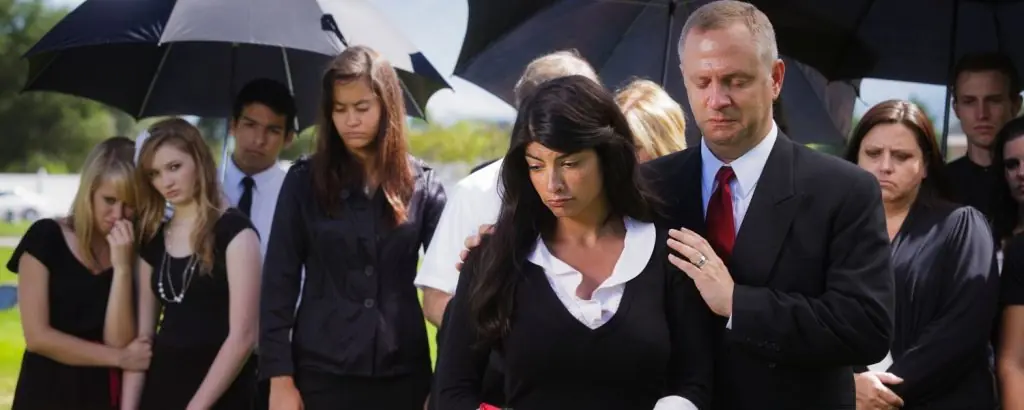
Funeral rituals vary greatly across different cultures and religions, yet the emotional and spiritual significance remains a common thread. Swanborough Funerals, as a provider of funeral services, recognises and respects this diversity.
1. Christian Funeral Rituals
Christian funeral rituals often involve a church service, with readings from the Bible, prayers, and hymns. The central message is the hope of resurrection and eternal life through faith in Christ.
2. Islamic Funeral Rituals
Islamic funeral rituals are marked by simplicity and speed. The deceased is washed, wrapped in a white shroud, and buried immediately. The primary focus is on the deceased’s submission to Allah.
3. Hindu Funeral Rituals
Hindu funerals typically involve cremation. Family members play a significant role in preparing the body and participating in rituals facilitating the soul’s journey to the afterlife.
4. Buddhist Funeral Rituals
Funerals often include meditation, prayers, and offerings. The focus is on helping the deceased transition to a better rebirth or attain Nirvana.
5. Jewish Funeral Rituals
Jewish funeral rituals are deeply rooted in tradition, emphasising the importance of community. A rabbi leads the service, and the deceased is buried in a simple wooden casket.
Swanborough Funerals respects and values their clients’ cultural and religious diversity, working to ensure that funeral rituals are conducted in a manner that aligns with the beliefs and customs of the deceased and their family.
Funeral Rituals: A Lasting Legacy
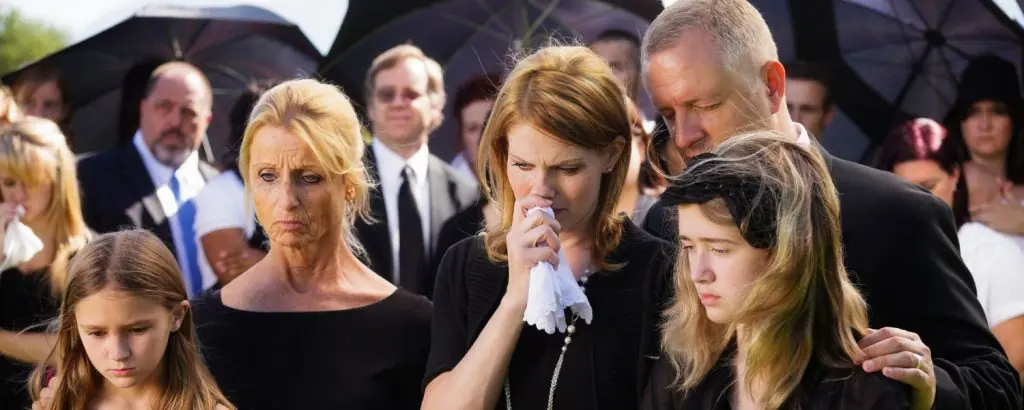
One of the most profound aspects of funeral rituals is their ability to create a lasting legacy for the deceased. These rituals provide comfort and support for the bereaved and contribute to the memory and impact of the person who has passed away.
1. Personalised Tributes
Funeral rituals can be personalised to celebrate the unique qualities and achievements of the deceased. This personalisation creates a powerful and lasting tribute to their life.
2. Education and Remembrance
Through telling stories and sharing memories, funeral rituals serve as an educational tool for future generations. They offer a glimpse into the life and values of the departed.
3. Inspiration for the Living
Witnessing the impact of a loved one’s life and the emotions expressed in funeral rituals can inspire those who remain to live more purposefully and authentically.
4. Continuation of Bonds
Participating in funeral rituals allows individuals to maintain a connection with the deceased. It provides a space for ongoing remembrance and honouring the person’s legacy.
Conclusion
Funeral rituals are a cornerstone of human experience, providing a structured and meaningful way to navigate the complexities of grief and find spiritual solace. Swanborough Funerals exemplifies the importance of these rituals, offering compassionate and personalised services that honour each individual’s unique journey.
Swanborough Funerals shows how skilled and dedicated they are, proving how important funeral rituals are when dealing with loss. In embracing these rituals, individuals and communities find a path to healing, meaning, and connection that transcends the boundaries of time and culture.
 "/>
"/>
